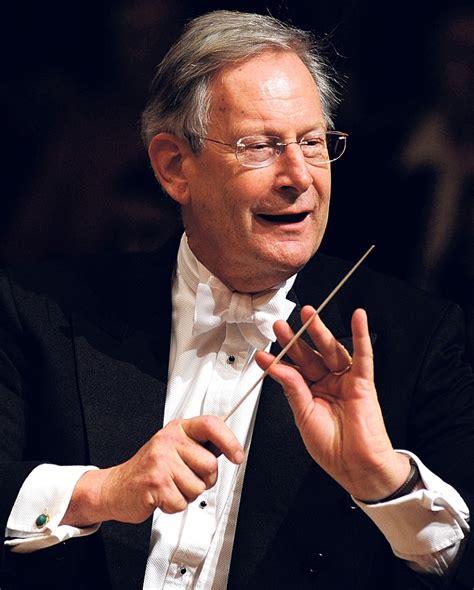A Quote by John Eliot
High achievers dwell on what they do well and spend very little time evaluating themselves and their performances.
Quote Topics
Related Quotes
For the high achievers, studying gave them the pleasing, absorbing challenge of flow 40 percent of the hours they spent at it. But for low achievers, studying produced flow only 16 percent of the time; more often that not, it yielded anxiety, with the demands outreaching their abilities...The low achievers found pleasure and flow in socializing, not in studying.
I know my time will come soon enough, but I will not dwell on it. What is the purpose? We might as well dwell on the work of our teeth or on the mechanics of our walk. It is there, it will always be there, and I don't intend to spend my glorious hours looking over my shoulder to see death's icy face.
Inexperienced personal development teachers always tell you to visualize, but often in a tragically limited way. They tell you to visualize nothing but victory. But high-achievers know that it's even more important to visualize themselves at the point where they want to quit, and then see themselves working through the struggle.
Achievers have an enabling attitude, realism, and a conviction that they themselves were the laboratory of innovation. Their ability to change themselves is central to their success. They have learned to conserve their energy by minimizing the time spent in regret or complaint. Every event is a lesson to them, every person a teacher.
A group of amazingly high achievers can be brought together and play together, and all believe that they are competing for something bigger than themselves. Those players are so used to being patted on the back and told how good they are. Frankly, those are usually the hardest people to remind that they are aspiring to achieve something bigger than themselves.
Professors typically spend their time in meetings about planning, policy, proposals, fund-raising, consulting, interviewing, traveling, and so forth, but spend relatively little time at their drawing boards. As a result, they lose touch with the substance of their rapidly developing subject. They lose the ability to design; they lose sight of what is essential; and they resign themselves to teach academically challenging puzzles.






































